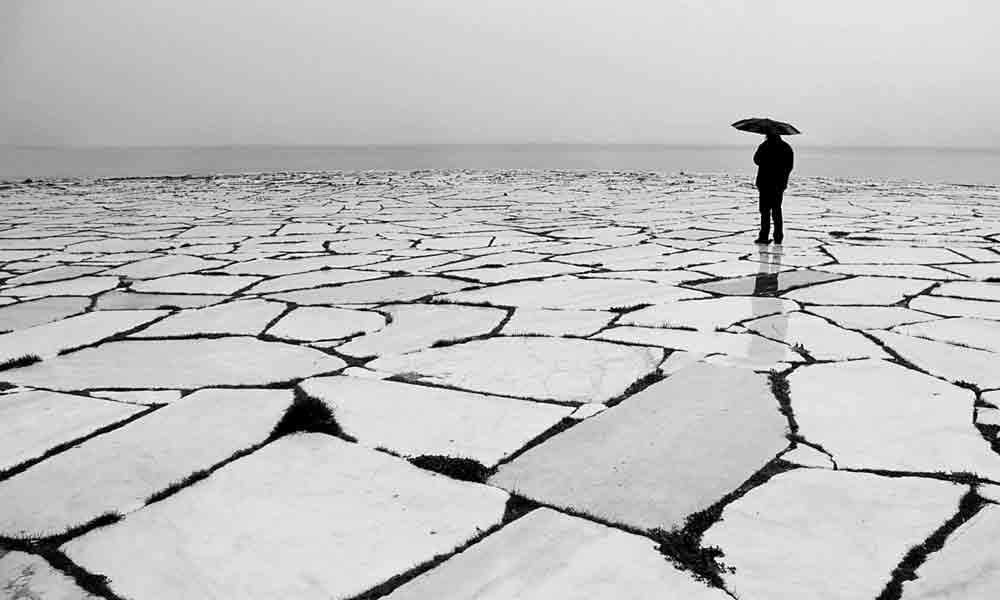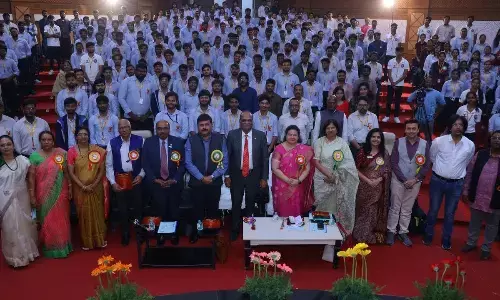Stop trying to be happy
 Stop trying to be happy
Stop trying to be happyHappiness, like other emotions, is not something you obtain, but rather something you inhabit. When you're raging pissed and throwing a socket wrench at the neighbour's kids, you are not self-conscious about your state of anger. You are not thinking to yourself, "Am I finally angry? Am I doing this right?" No, you're out for blood. You inhabit and live the anger. You are the anger. And then it's gone.
Just as a confident man doesn't wonder if he's confident, a happy man does not wonder if he's happy. He simply is. What this implies is that finding happiness is not achieved in itself, but rather it is the side effect of a particular set of ongoing life experiences.
This gets mixed up a lot, especially since happiness is marketed so much these days as a goal in and of itself. Buy X and be happy. Learn Y and be happy. But you can't buy happiness and you can't achieve happiness. It just is—once you get other parts of your life in order.
When most people seek happiness, they are actually seeking pleasure: good food, more sex, more time for TV and movies, a new car, parties with friends, full body massages, losing 10 pounds, becoming more popular, and so on.
But while pleasure is great, it's not the same as happiness. Pleasure is correlated with happiness but does not cause it. Ask any drug addict how their pursuit of pleasure turned out. Ask an adulterer who shattered her family and lost her children whether pleasure ultimately made her happy. Ask a man who almost ate himself to death how happy pursuing pleasure made him feel.
Pleasure is a false god. Research shows that people who focus their energy on materialistic and superficial pleasures end up more anxious, more emotionally unstable and less happy in the long-run. Pleasure is the most superficial form of life satisfaction and therefore the easiest. Pleasure is what's marketed to us. It's what we fixate on. It's what we use to numb and distract ourselves. But pleasure, while necessary, isn't sufficient. There's something more.
A popular narrative lately is that people are becoming unhappier because we're all narcissistic and grew up being told that we're special unique snowflakes who are going to change the world and we have Facebook constantly telling us how amazing everyone else's lives are, but not our own, so we all feel like crap and wonder where it all went wrong. Oh, and all of this happens by the of age 23. Sorry, but no. Give people a bit more credit than that.
For instance, a friend of mine recently started a high-risk business venture. He dried up most of his savings trying to make it work and failed. Today, he's happier than ever for his experience. It taught him many lessons about what he wanted and didn't want in life and it eventually led him to his current job, which he loves. He's able to look back and be proud that he went for it because otherwise, he would have always wondered "what if?" and that would have made him unhappier than any failure would have.
The failure to meet our own expectations is not antithetical to happiness, and I'd actually argue that the ability to fail and still appreciate the experience is actually a fundamental building block for happiness.
-Mark Manson











